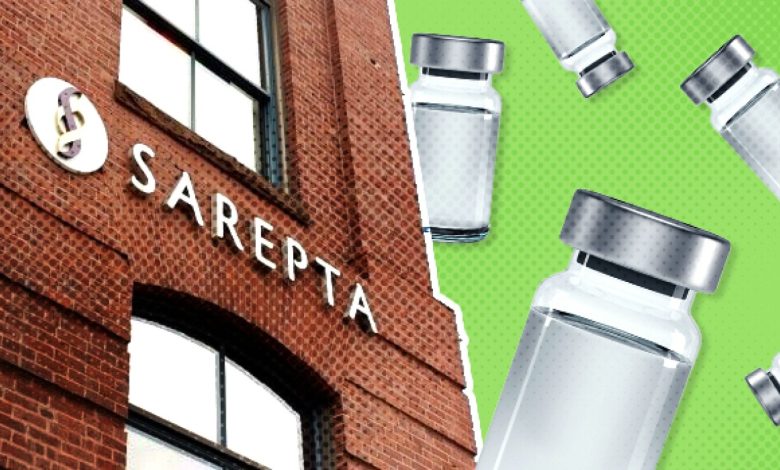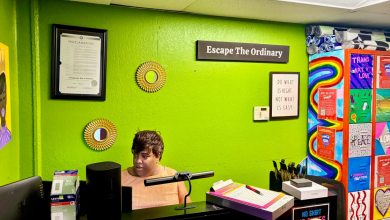Sarepta Tags DMD Gene Therapy Elevidys With Black Box Warning, Axes 500 Staff

After a difficult season that has seen two deaths linked to Sarepta Therapeutics’ Duchenne muscular dystrophy treatment Elevidys, the Cambridge, Massachusetts–based biotech is letting go of more than a third of its workforce and adding a black box warning for acute liver injury and acute liver failure to the gene therapy.
In an announcement Wednesday afternoon after the market closed, Sarepta revealed that it would be parting with around 500 employees after a strategic review and focusing its pipeline on “high-impact programs, prioritizing potentially best-in-class siRNA platform assets.” These include programs for facioscapulohumeral muscular dystrophy, idiopathic pulmonary fibrosis and Huntington’s disease.
The company will pause several other programs, including most gene therapies in development for limb-girdle muscular dystrophy (LGMD), according to its press release. Sarepta does still plan to submit a biologics license application for SRP-9003 for LGMD type 2E/R4 in the second half of this year.
“Faced with environmental changes, we have decided to act decisively, implementing a focused strategy to ensure Sarepta remains a vibrant, financially enduring, patient-centric organization dedicated to improving the lives of those with rare genetic diseases,” CEO Doug Ingram said in a statement.
Sarepta expects to generate about $120 million in annual cash cost savings in 2026 through the layoffs and approximately $300 million in annual non-personnel cost savings through the pipeline reprioritization beginning next year.
Sarepta’s problems with Elevidys began in March when a patient taking the treatment died. The fatality was linked to acute liver failure, a known adverse effect of adeno-associated virus (AAV) vector–based gene therapies. The company insisted at the time that Elevidys’ benefit-risk ratio “remains positive.” However, after Sarepta revealed the death of a second teenage patient in June, also linked to acute liver failure, the company temporarily halted shipments for non-ambulatory patients until it had decided on a new immunosuppressive approach for these patients.
Sarepta announced Wednesday that it has indeed completed an expert committee on a protocol for the use of additional prophylactic immunosuppression in these patients, which it will submit to the FDA “imminently” with an eye toward resuming shipment of Elevidys to this group. Following the second patient death, the regulator opened an investigation into the gene therapy.
Overall, Sarepta’s DMD portfolio brought in $513 million for the second quarter, according to the biotech’s press release.




